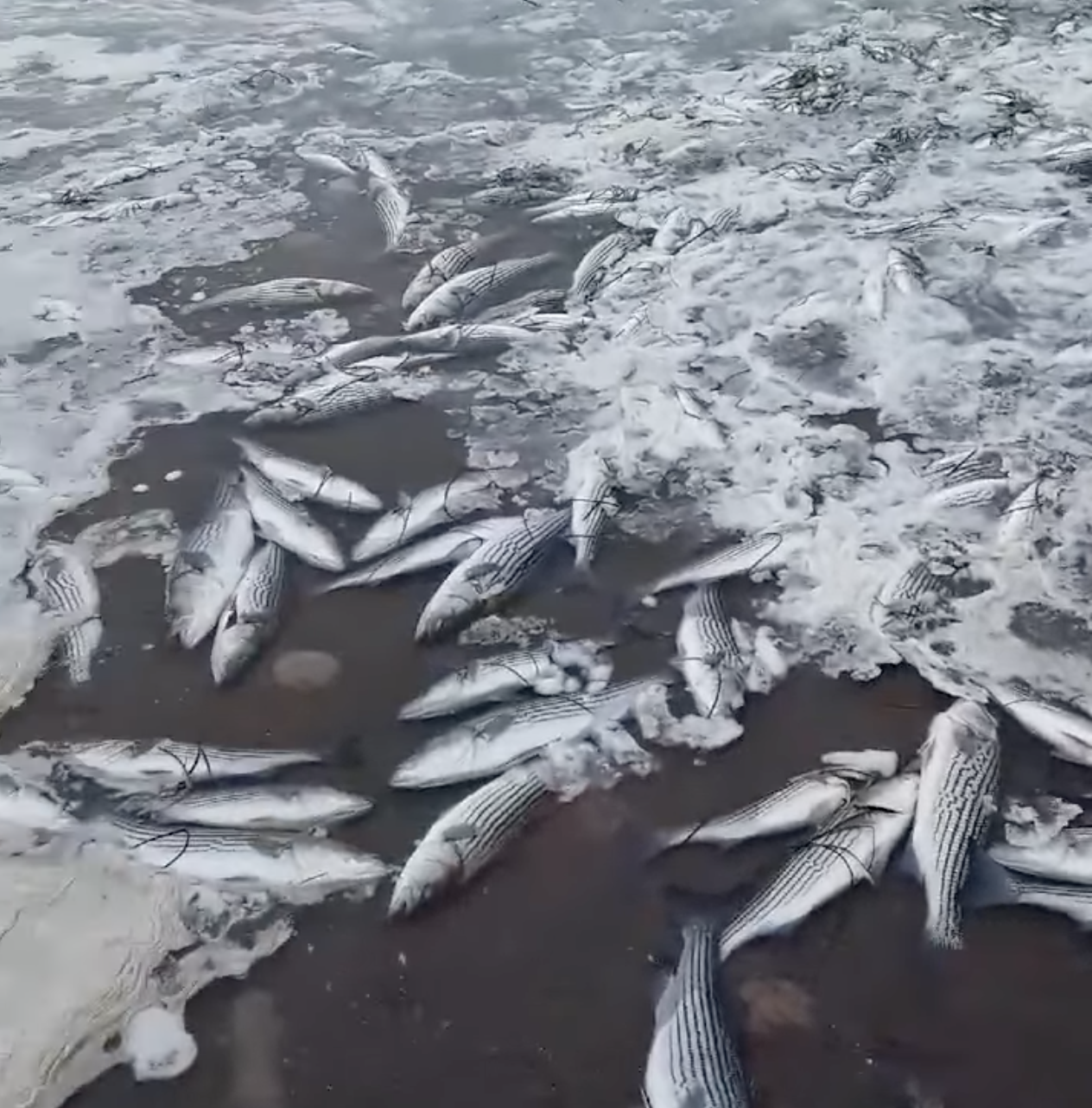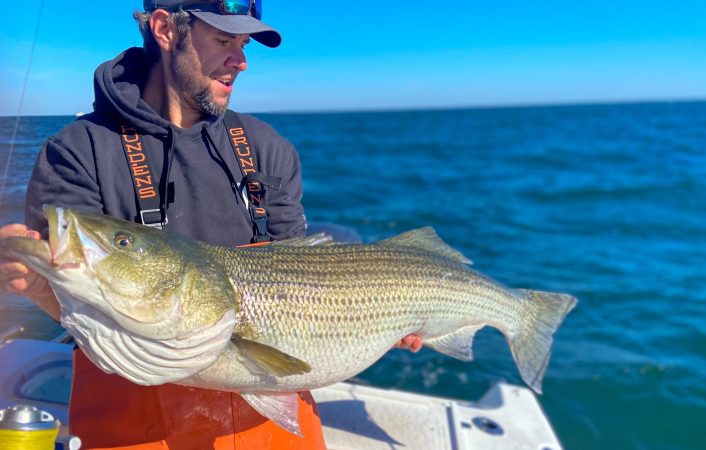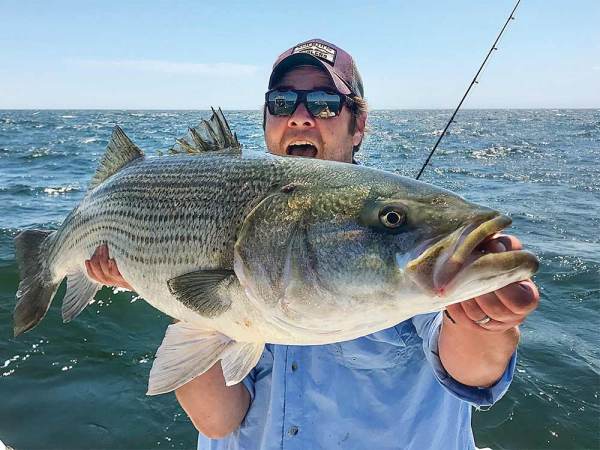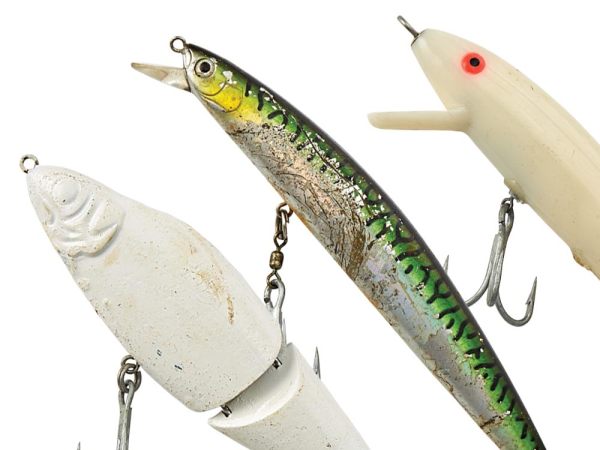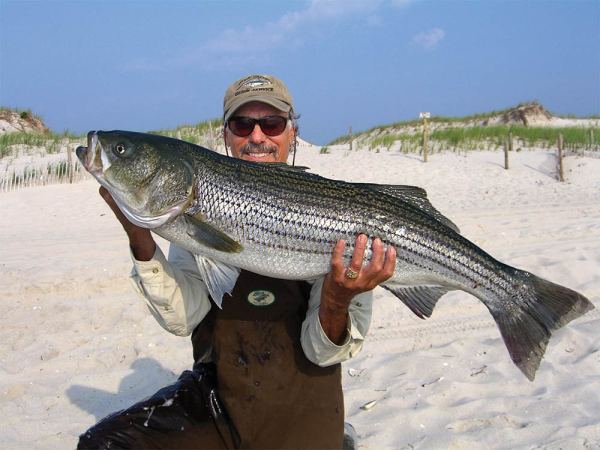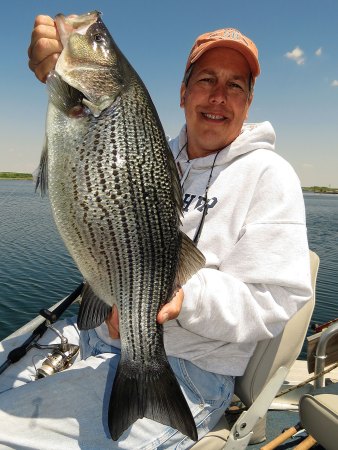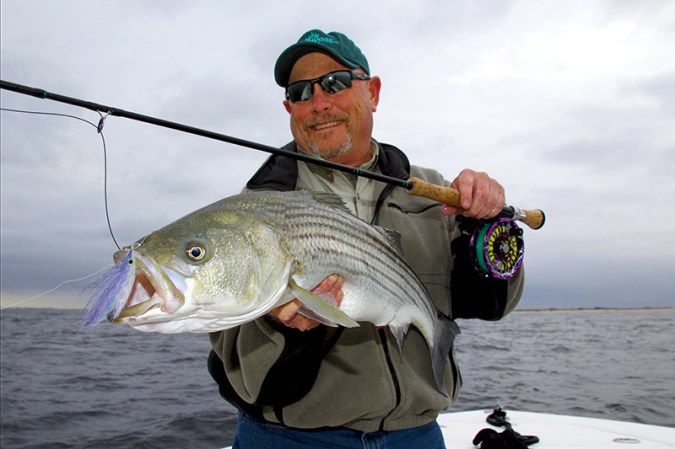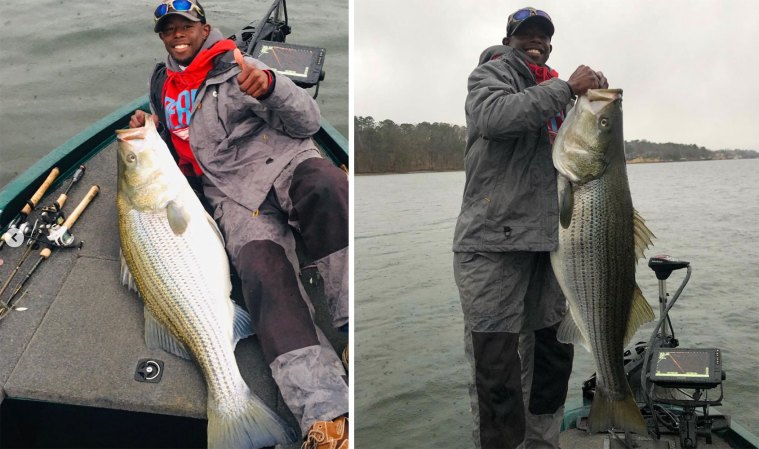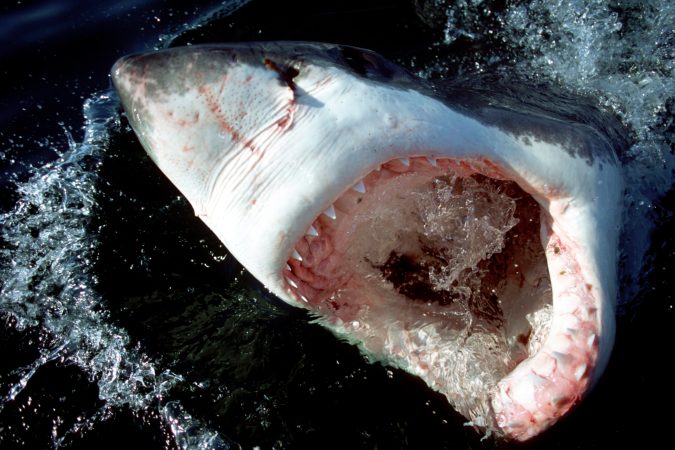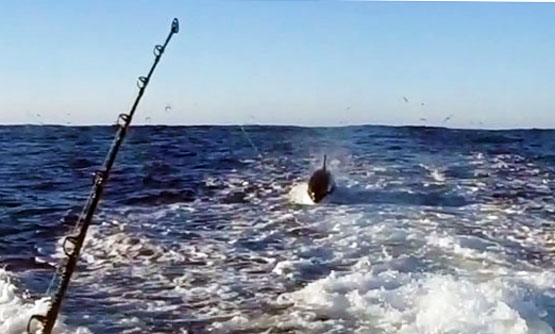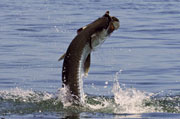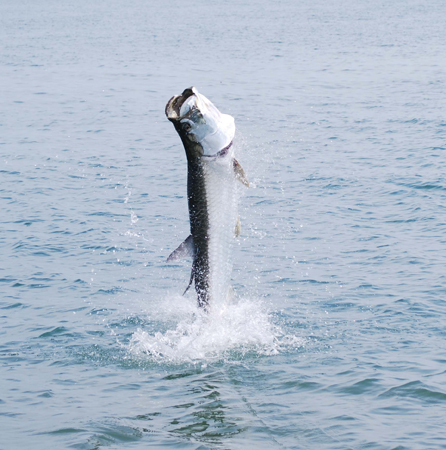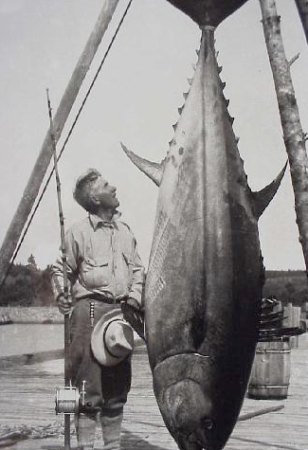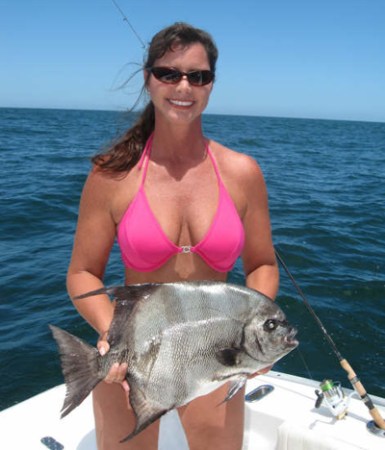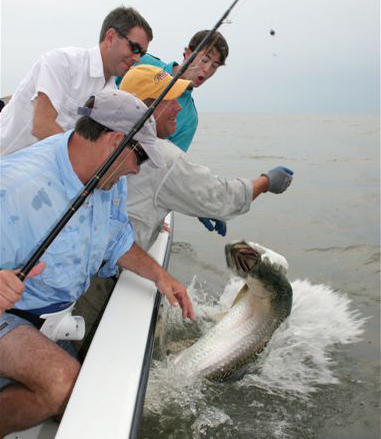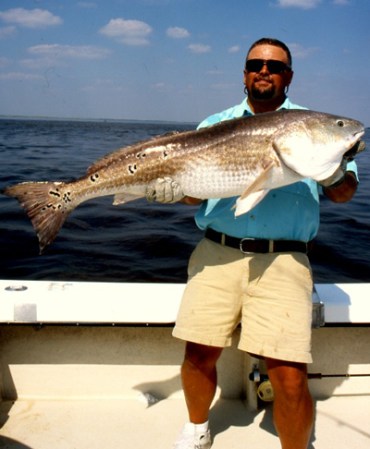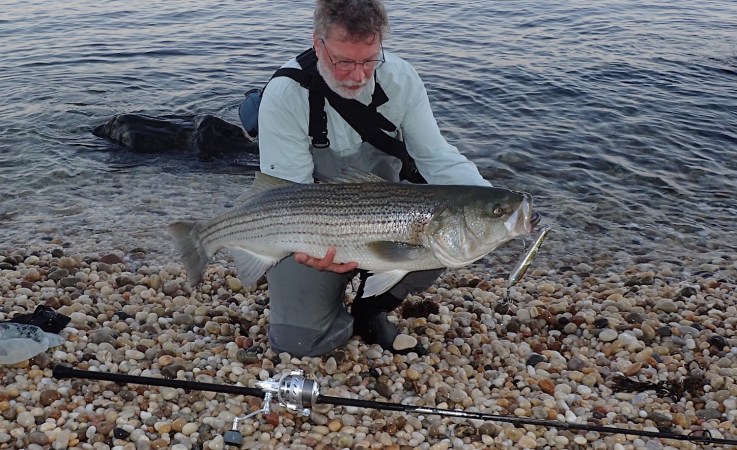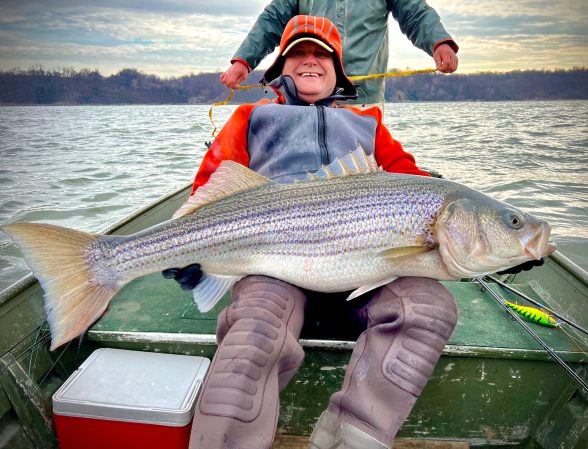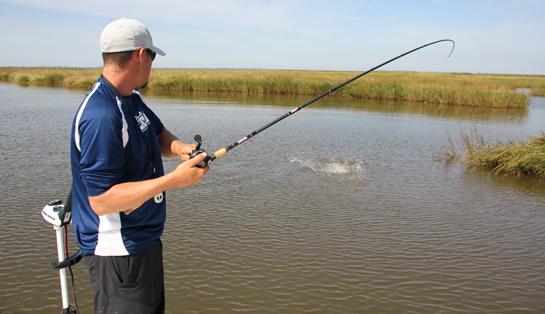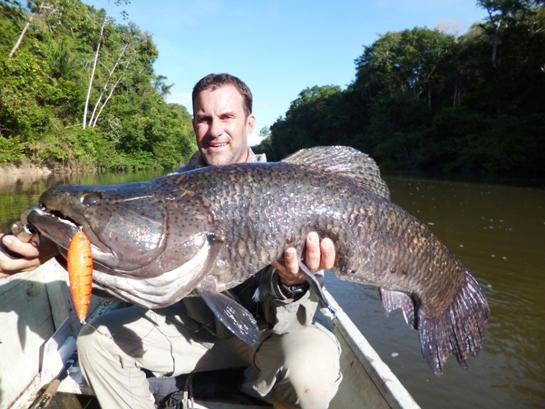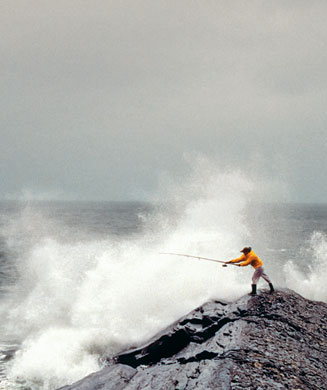Two duck hunters in northern Nova Scotia discovered a massive and puzzling fish kill on the northeastern tip of Cape Breton Island Monday. More than a thousand dead fish had washed ashore, and they all were the same species: striped bass. Authorities have not yet announced a suspected cause of the kill.
The two men were attracted to the beach by the flock of seagulls clustered above it. One of the hunters, Ray Briand, used his cell phone to record footage of the stripers clustered on the beach and more floating in the waves, soon to wash ashore. The 43-year-old commercial fisherman remained at Dingwall Harbour, a brackish inlet, for several hours as he examined the kill.
“I never saw one species other than striped bass. There was striped bass from like a six-inch size all the way up to some 42 inches,” he told SaltWire, which is part of the Cape Brenton Post. “There was no physical damage, there was no smell, they were mostly fresh, gills bright and red, and they were just washing up belly-up ashore.”
He estimates there could have been more than a thousand dead stripers on the beach, noting that it was difficult to get an accurate count because the wind was pushing more fish underneath sheets of ice on the water.
Briand reported the kill to the Port Morien Wildlife Association, who in turn notified Fisheries and Oceans Canada (DFO). The DFO was reportedly closed for the New Year so Briand and his hunting buddy collected and bagged several fish to save for examination, according to a Facebook post by PMWA president Jeff McNeil.
“Until we have a confirmation of what killed the stripe[d] bass we will not speculate!” he wrote. “Let’s get science based confirmation.”
DFO officials arrived on site at Dingwall Harbor on Jan. 4, according to McNeil, and collected dead stripers for their investigation. So far, the cause of the kill—including why only one species was affected—remains unverfieid.
“DFO’s Fish and Fish Habitat Protection Program have determined that there are not any projects or industrial activities occurring that are likely to have caused the mortality,” media relations spokesperson Lauren Sankey told SaltWire.
But a drastic change in water temperature could have caused this fish kill, says marine biologist Trevor Avery, and it could also explain why only striped bass were affected. Avery runs the Striped Bass Research Team at Acadia University in Nova Scotia.
“It’s a natural thing that happens from time to time,” Avery told CTV News Atlantic, referring to the phenomenon as a “super-chill event” in which cold weather caused the water temperature to plunge and stun the fish. “All of a sudden the fish are in a vastly different environment, and they just can’t cope.”
Avery also spoke to the Post, saying that “there’s just no way it’s anything else.” The stripers were exclusively affected, he says, because they were likely congregated on bottom of the harbor, where newly iced water mixed with the warmer water.”
Temperatures on Cape Breton Island averaged 42°F on Jan. 2—the day before the fish kill was discovered—and reached a high of 46 °F, according to historical weather data. Temperatures dropped steadily that night and into following day, bottoming out at 23°F that evening.

